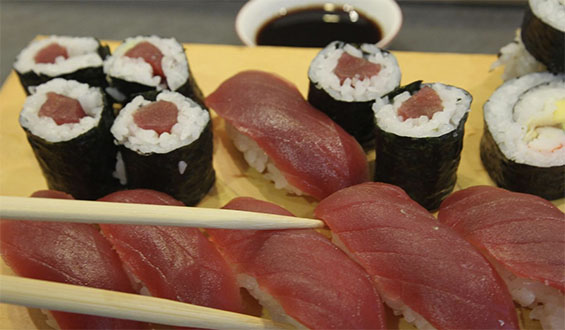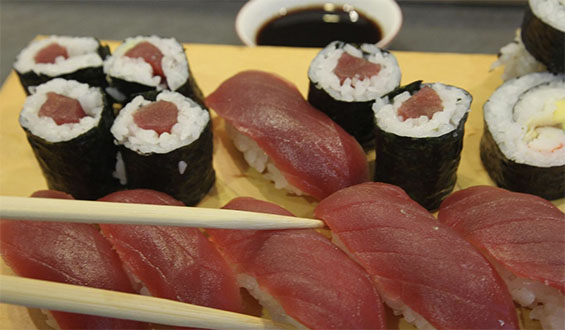
Students at Oberlin College are up in arms over food served in the dining halls and cafeterias, arguing that food such as fried chicken, sushi, and Vietnamese sandwiches are “insensitive” and “culturally inappropriate.”
Students at the college wrote a letter to the school’s newspaper in which they discussed the meals, criticized the poor efforts at serving multicultural foods, and made a push for meetings with campus dining officials and the college president.
The campus dining department and Bon Appetit Management Company are being accused by the students of a range of things, including cultural appropriation as well as cultural insensitivity.
Among the complaints were claims that the General Tso’s chicken was steamed instead of fried and that banh mi Vietnamese sandwiches came with coleslaw rather than pickled vegetables and on ciabatta bread instead of a French baguette.
Kellan Howell writes for The Washington Times that General Tso’s chicken is not actually a Chinese dish but actually got its start in the United States despite being found in most Chinese restaurants.
Other students took aim at the “culturally appropriative” sushi, referring to the undercooked rice and lack of fresh fish. Tomoyo Joshi, a junior from Japan, called the dish “disrespectful.”
Members of the schools’ black student union protested outside the dining hall in the Afrikan Heritage House earlier this month after previous demands for more traditional meals, including more fried chicken, were ignored.
“I would like to see Bon Appétit fired and replaced by something other than an international corporation,” a student, Kendra Farrakhan, wrote to the paper. “I would like to see the chefs have the respect and autonomy to cook the food they love.”
In addition to food options, students also protested for better treatment of dining service employees, including a guaranteed 40-hour workweek, benefits for part-time workers, personal days, job training, and higher wages.
Michele Gross, Oberlin’s director of dining services, responded with a statement saying that the school has fallen short on its efforts to produce a “vibrant meal” and also calling the meals “culturally insensitive.” She added that a dialogue has been opened with the students and she hopes it will continue, writes Katie Rogers for The New York Times.
Bonnie Powell, the communications director for Bon Appétit, also mentioned that the company would be working hard to address the concerns of students to create a more culturally sensitive menu.
Oberlin appeared in the national news in 2013 after racist graffiti and fliers were discovered on campus, causing classes to be cancelled due to security concerns.
Oberlin’s black student union also issued a list of demands last year to campus administrators, including the creation of a safe segregated space for black students on campus as well as a 4% increase each year in black student enrollment. The group noted that the list were demands and not merely suggestions, saying that if nothing was done to meet them, action would be taken.




